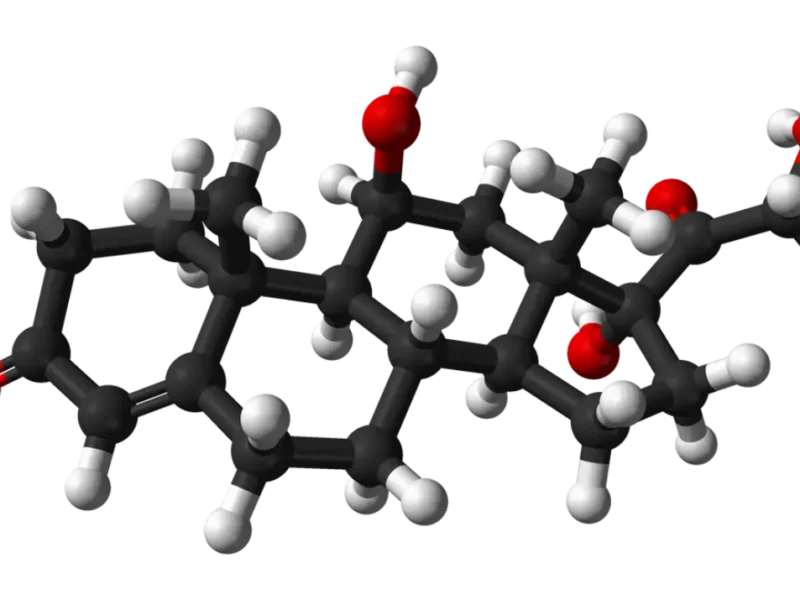
Long Covid Can Be Devastating
PHOENIX, AZ (ANI) – Researchers from the Universities of Arizona, Oxford, and Leeds reviewed numerous studies on long Covid to investigate its prevalence, underlying disease mechanisms, symptoms, and current and future treatments. Long Covid, or post-Covid-19 condition, involves symptoms lasting three months or more after acute Covid-19. This illness can damage various organ systems, leading to fatigue, cognitive impairment (often called ‘brain fog’), breathing difficulties, and discomfort.
Long Covid can affect anyone, including children, but is more common in females and those of lower socioeconomic status. Some people gradually recover, while others suffer for years. Many who developed long Covid before vaccines became available are still unwell.
“Long Covid is a devastating disease with a profound human toll and socioeconomic impact,” said Janko Nikolich, MD, PhD, senior author of the paper, director of the Aegis Consortium at the University of Arizona Health Sciences, professor, and head of the Department of Immunobiology at the University of Arizona College of Medicine – Tucson, and BIO5 Institute member. “By studying it in detail, we hope to understand the mechanisms and find targets for therapy, potentially for other infection-associated chronic conditions like myalgic encephalomyelitis/chronic fatigue syndrome and fibromyalgia.”
Fully vaccinated individuals with up-to-date boosters have a much lower risk of long Covid. However, 3%-5% of people worldwide still develop long Covid after an acute Covid-19 infection. According to the Centers for Disease Control and Prevention, long Covid affects an estimated 4%-10% of the U.S. adult population, with 1 in 10 adults who had Covid developing long Covid.
The review study found that various biological mechanisms are involved, including the persistence of the virus, disruption of the immune response, and microscopic blood clotting, even in mild initial infections. There are no proven treatments for long Covid yet, and current management focuses on symptom relief and rehabilitation. Researchers emphasize the need to develop and test biomarkers to diagnose and monitor long Covid and find therapies addressing the root causes of the disease.
People can lower their risk of developing long Covid by avoiding infection, wearing masks in crowded indoor spaces, taking antivirals promptly if infected, avoiding strenuous exercise during infection, and staying up-to-date with Covid vaccines and boosters.
“Long Covid is a dismal condition, but there are grounds for cautious optimism,” said Trisha Greenhalgh, lead author of the study and professor at Oxford’s Nuffield Department of Primary Care Health Sciences. “Various mechanism-based treatments are being tested in research trials. If proven effective, these would allow us to target particular subgroups of people with precision therapies. Treatments aside, it is becoming increasingly clear that long Covid places an enormous social and economic burden on individuals, families, and society. We need better ways to treat and support the ‘long-haulers’ – those unwell for two years or more whose lives have been turned upside down.”



